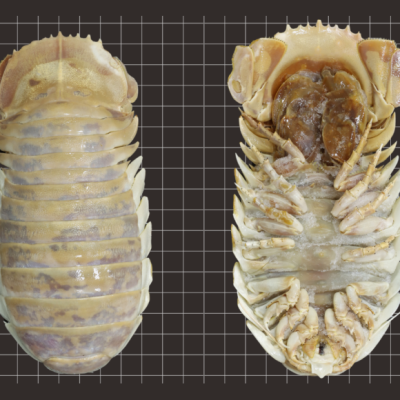The number of brothers or sisters a man has can influence the gender of his children. Genes from men play a role in determining whether they will have sons or daughters based on inherited traits from their parents.
Male sperm carries sex cells known as gametes, which come in two varieties carrying either X or Y sex chromosomes. If an X chromosome from the sperm combines with an X chromosome from the egg, the fertilized embryo will develop into a girl; if it combines with a Y chromosome, it will be a boy.
A study featured in the December 2008 issue of the journal Evolutionary Biology suggests that some men’s sperm may carry a higher proportion of X or Y gametes, influencing the likelihood of conceiving a girl or a boy. An unidentified gene is believed to influence a man’s predisposition to having more daughters or sons. Genes exist in two forms, called alleles, with males producing more Y gametes with the mm combination, more X gametes with the ff combination, and approximately equal numbers with the mf combination, providing an equal chance of having either a girl or a boy.
Historical data reveals that after the First World War, there was a shift in the gender ratio in Great Britain, with more boys born compared to the pre-war years. This phenomenon was linked to a man’s likelihood of having many sons, potentially influenced by their genetic inheritance. Those with a tendency to have more sons had a better chance of survival during the war, contributing to the observed shift in the gender ratio.
The heightened mortality rate among boys during childhood contributes to the modern world’s gender ratio, where, on average, there are 100 girls for every 105 boys born.










